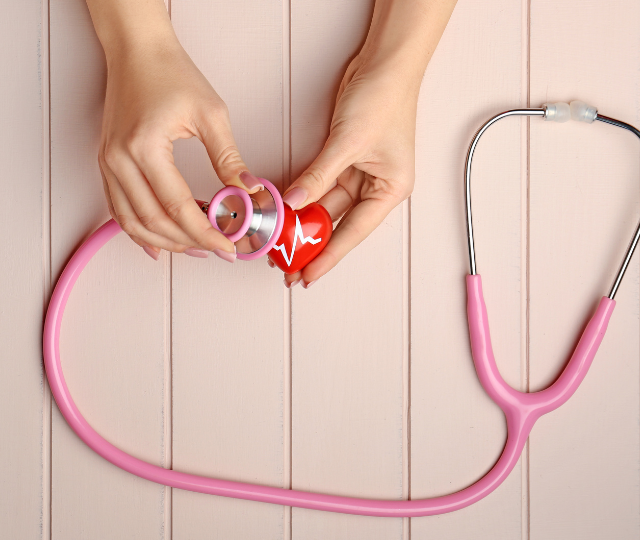Treating anemia
Anemia is a common problem for people with chronic kidney disease, especially in the later stages (Stages 4 and 5). Anemia happens when you don't have enough red blood cells. Red blood cells carry oxygen from your lungs to the rest of your body. Hemoglobin is a part of red blood cells that helps carry oxygen. Doctors check hemoglobin levels to see how bad the anemia is.
Treatments for anemia depend on what's causing it. They might include eating different foods, taking vitamins or minerals, special medicines like synthetic erythropoietin (EPO), or, in advanced cases, getting a blood transfusion.














